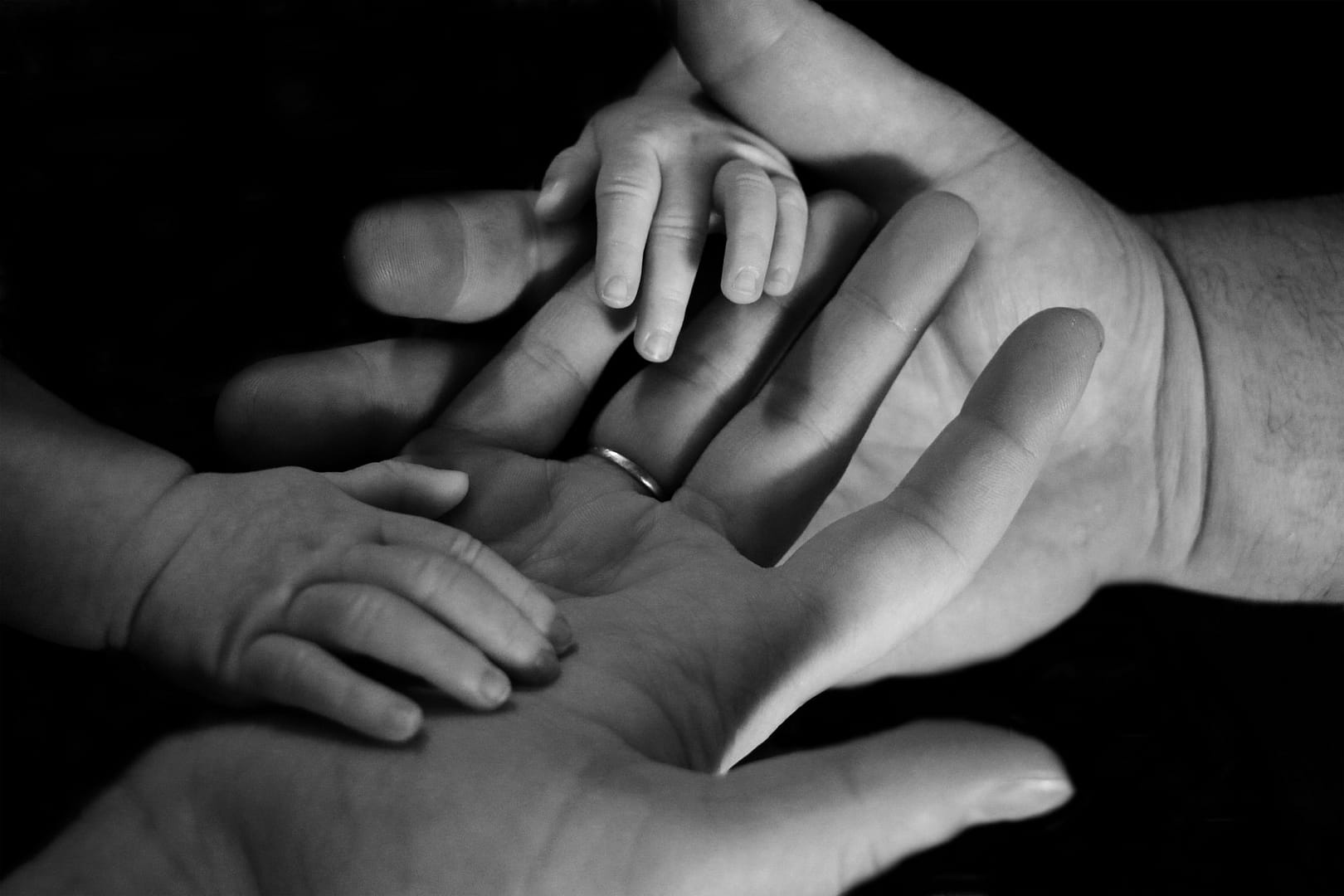Family life after a brain injury can be a complex and challenging journey. When a loved one experiences a brain injury, it can impact every aspect of their life, including their relationships, emotional well-being, and daily routines. In this article, we will delve into the profound effects of brain injuries on family life, explore how these injuries can impact relationships, and discuss whether brain injuries ever fully heal. Find out how to make a serious injury claim too with us.
The Impact on Relationships
One of the most significant challenges that families face after a loved one sustains a brain injury is the impact on relationships. The dynamics within a family can change dramatically as everyone adjusts to the new reality. Let’s take a closer look at some of the ways in which a brain injury can affect relationships within a family.
Communication Difficulties
Communication is the cornerstone of any healthy relationship, but it can become a major hurdle after a brain injury. Depending on the severity and location of the injury, a person may struggle with speech, comprehension, or even non-verbal communication. This can be frustrating for both the individual with the injury and their family members.
Imagine a scenario where a father sustains a traumatic brain injury in a car accident. He used to be the primary breadwinner and communicator in the family. After the injury, he finds it challenging to express his thoughts and feelings. His wife and children, accustomed to his strong presence, now struggle to understand his needs and emotions, leading to frustration and misunderstandings.
Changes in Roles and Responsibilities
Brain injuries can also lead to a significant shift in roles and responsibilities within a family. A once-independent individual may require constant care and support, causing family members to take on new roles as caregivers. This shift can be emotionally taxing and may strain relationships.
Consider a case where a teenage daughter suffers a brain injury while playing sports. She used to be a vibrant and active member of the family, but her injury leaves her dependent on her parents for basic needs. Her mother, who was previously focused on her career, becomes her primary caregiver, while her father takes on additional household duties. This change in roles can lead to feelings of resentment and stress.
Emotional Impact
Emotions run high when a family member experiences a brain injury. Family members may grapple with a range of emotions, including grief, anger, guilt, and anxiety. These emotions can strain relationships and make it challenging to provide the support and care that the injured individual needs.
Imagine a situation where a brother sustains a brain injury in a biking accident. His sister, who was with him at the time of the accident, blames herself for not preventing it. She experiences overwhelming guilt, which affects her relationship with her brother as she struggles to provide him with the emotional support he needs.
Do Brain Injuries Ever Fully Heal?
One of the most common questions that families face when dealing with a loved one’s brain injury is whether these injuries ever fully heal. The answer to this question is complex and depends on various factors, including the type and severity of the injury, the quality of medical care received, and the individual’s overall health.
Types of Brain Injuries
Brain injuries can vary in type and severity, with different levels of potential recovery. Some common types of brain injuries include:
Traumatic Brain Injury (TBI): TBIs often result from accidents, falls, or sports injuries. While mild TBIs may fully heal with time, moderate to severe TBIs can lead to long-term cognitive and physical challenges. In some cases, individuals may regain some functions but may never fully recover.
Stroke: Strokes can cause significant brain damage, and recovery depends on the extent of the damage and the timeliness of medical intervention. Some individuals may experience partial recovery, while others may face lasting disabilities.
Brain Tumours: The outcome of a brain injury caused by a tumour depends on factors such as the tumour’s type, size, and location. Surgery, radiation therapy, and chemotherapy can help manage tumours, but complete recovery may not always be possible.
Rehabilitation and Support
Rehabilitation plays a crucial role in the recovery process after a brain injury. It includes physical therapy, occupational therapy, speech therapy, and psychological counselling. The quality and intensity of rehabilitation can significantly impact the extent of recovery.
For instance, consider a case where a woman suffers a severe brain injury due to a fall. She undergoes extensive rehabilitation, including speech therapy to regain her ability to communicate. Over time, with dedicated effort and support from her family, she makes significant progress in her recovery, though she may never fully regain her pre-injury level of functioning.
Long-Term Effects and Adaptation
In many cases, individuals and their families must adapt to a new normal following a brain injury. Some individuals may continue to experience long-term effects such as memory problems, physical limitations, or mood disorders. However, with time, patience, and appropriate support, many can lead fulfilling lives and maintain meaningful relationships.
Let’s revisit the family of the teenage daughter who sustained a brain injury while playing sports. Over the years, they learned to adapt to her new needs and routines. With the help of rehabilitation and ongoing medical care, she made remarkable progress. While she still faced some challenges, the family found ways to bond and support each other through the journey, demonstrating that recovery and adaptation are possible.
Making a Serious Injury Claim with National Claims
Seek Legal Guidance
When a loved one sustains a brain injury due to someone else’s negligence or wrongful actions, it may be necessary to make a serious injury claim. National Claims, with their expertise in personal injury cases, can guide you through this claims process. Their experienced legal team can help you understand your rights and options.
Gathering Evidence
National Claims will assist you in gathering essential evidence to support your claim. This may include medical records, witness statements, and expert opinions to establish the extent of the brain injury and its impact on your loved one’s life.
Providing Emotional Support
Dealing with a brain injury in the family is emotionally draining. National Claims understands the stress and challenges you may be facing. They offer not only legal support but also emotional support to help you and your family cope during this difficult time.

Conclusion
Family life after a brain injury is undoubtedly a journey filled with challenges, but it is also a journey that can lead to resilience, growth, and a deeper understanding of the power of family bonds. Brain injuries can strain relationships and pose unique obstacles, but with the right support, communication, and determination, families can navigate these challenges and find ways to thrive.
In the face of adversity, families can come together, adapt, and provide the love and care that their injured loved ones need. While complete healing may not always be possible, progress, recovery, and the rebuilding of relationships are achievable goals. In the end, it is the strength of family ties and the unwavering support of loved ones that often make all the difference in the world of those affected by brain injuries. When facing the complexities of legal claims related to brain injuries, National Claims can be your trusted partner, helping you seek justice and compensation while you focus on your family’s well-being.
Contact us to get a start on your claim and find out more from one of our claims specialists today.
Click below to see why we are one of the most trusted claims management companies in the UK.

We’re proud of our excellent customer reviews
We thrive on delivering exceptional service and ensuring our clients’ satisfaction. Don’t just take our word for it. Check out some of our independent reviews to see what our clients have to say.
Excellent

This firm is excellent, they sorted out my car pay out and injury claim very fast, they always communicate with you all the time.

My accident case was dealt with confidence and with great result of the outcome, especially James kept me informed all the time.

I was very impressed at the way my inquiry was treated. I was listened to attentively and everything I needed to know was explained to me.






